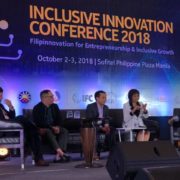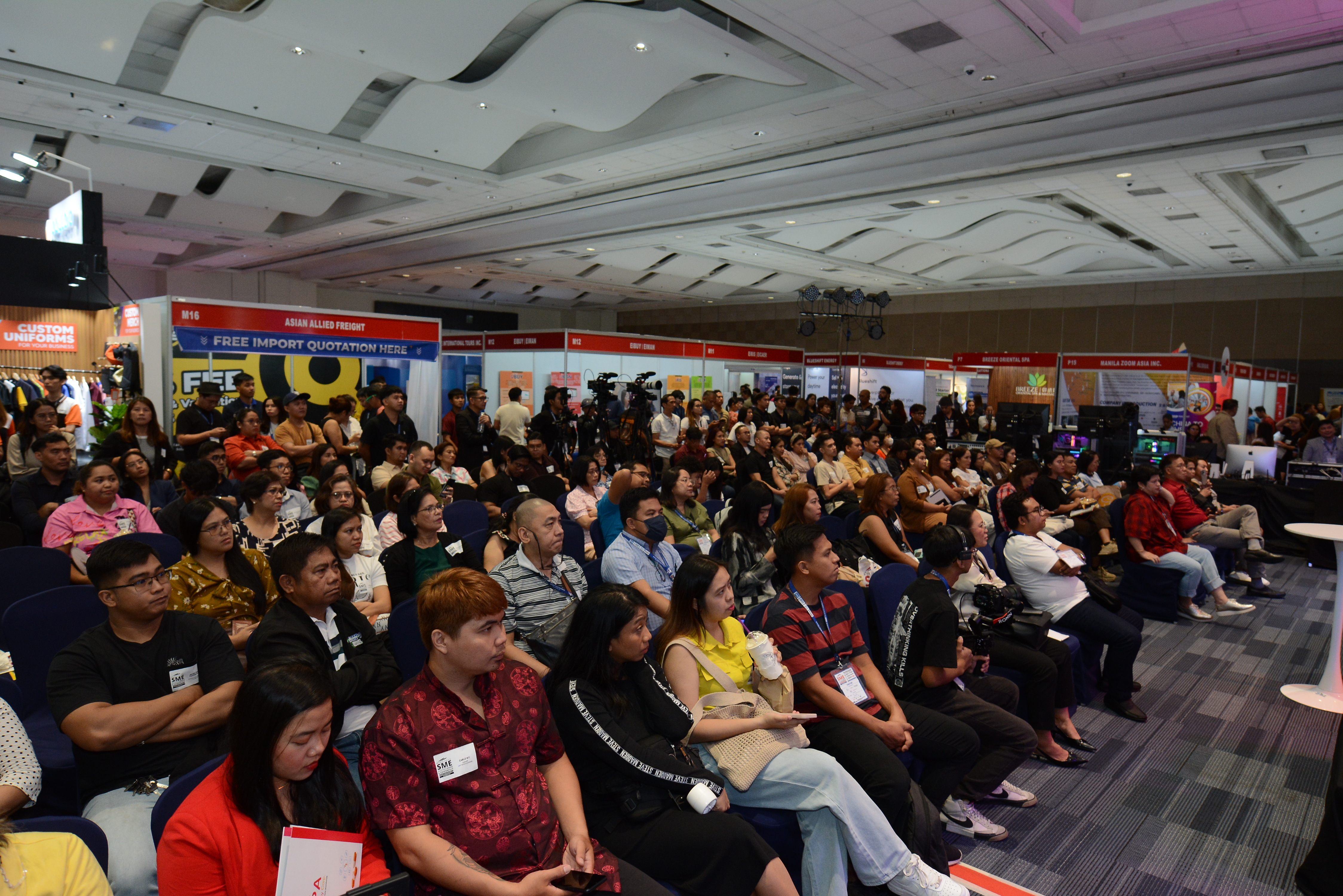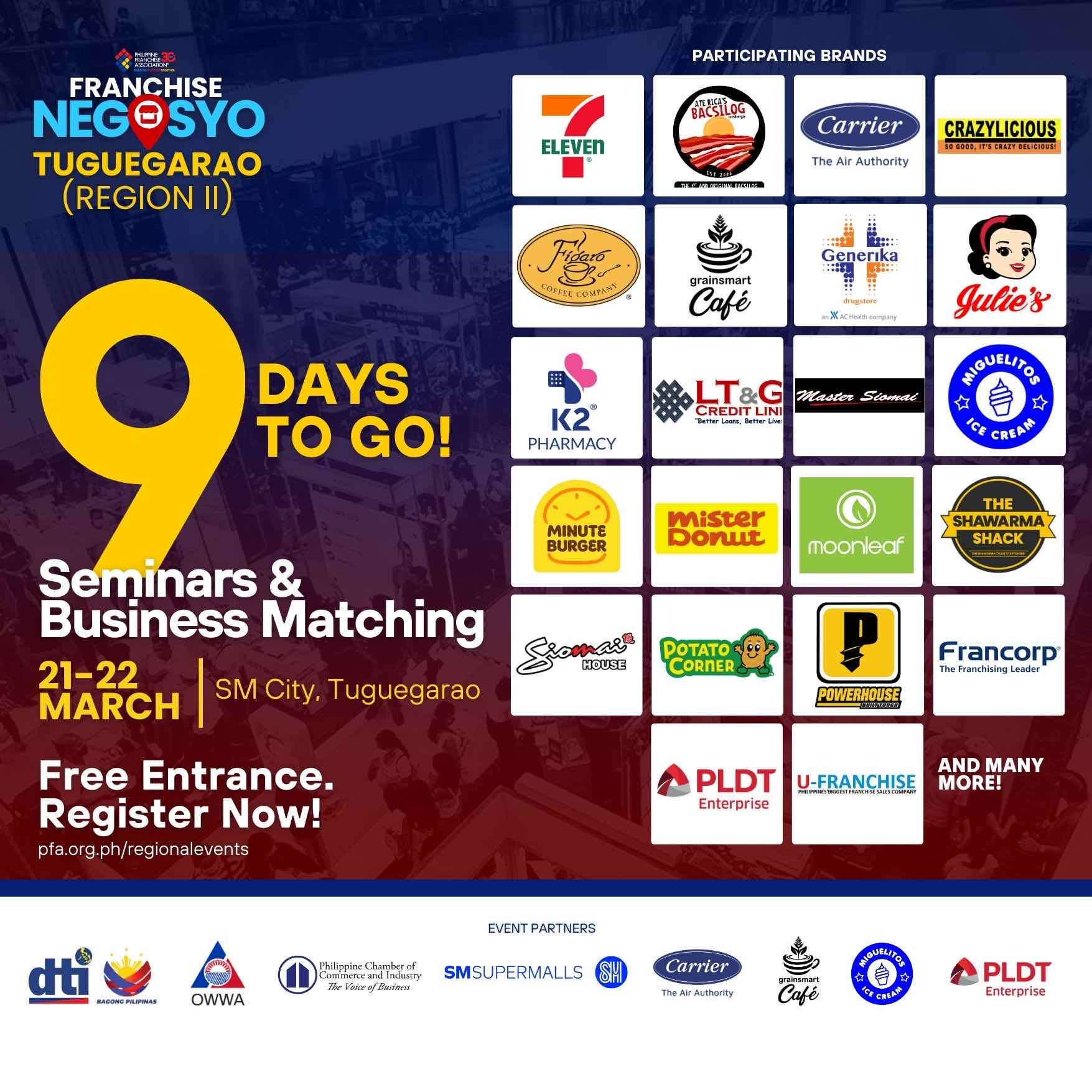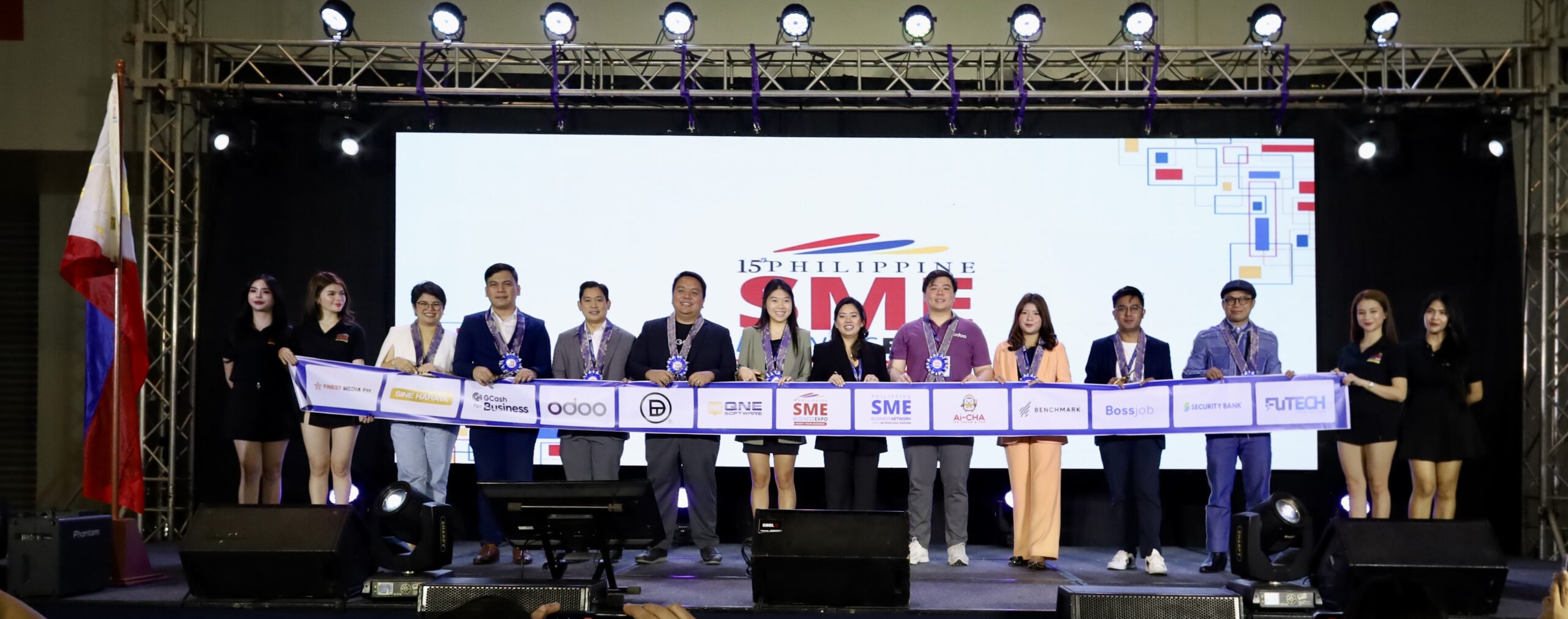
The Department of Trade and Industry (DTI), in partnership with the Department of Science and Technology (DOST), has conducted the fourth edition of “Slingshot: Startup and Innovation Summit” on 3 October 2018 at the Sofitel Philippine Plaza Manila, to connect local startup participants with potential investors and to empower them to take part in building the Philippine startup ecosystem.
Under the watch of DTI-Trade and Investments Promotion Group Undersecretary Nora Terrado, Slingshot has been recognizing how startups could effectively find new markets, customers, revenues, profits, business models, and other means of scaling up. Slingshot also seeks to provide a platform for startups who look for access to scalability opportunities.
Themed: “Startups Born Global,” this year’s Slingshot included a plenary session called “Startup Session,” which allowed startups to showcase innovative products and services.
During the summit, Terrado took the stage to present the significant insights into the Startup Ecosystem Development Program or Startup Pilipinas. She later shared with the participants the highlights of the 2018 Global Startup Ecosystem Report on the Philippine ecosystem.
“The DTI has been very eager to intensify its efforts in supporting Philippine startups, connecting our local ecosystem to the global ecosystems,” Terrado said. “We genuinely aim to inspire Filipino startups to take the global stage, by sending Slingshot startup delegations all over the world for pitching competitions, exhibits, business matching and networking.”
According to Terrado, the Philippines has sent Filipino startups to Silicon Valley, Germany, Israel, South Korea, Singapore, and Taiwan. She noted that the government, on the other hand, had also witnessed how startups unveiled their own potentials in utilizing innovative technologies and business models.
“We wish and aim to participate within the global ecosystem, knowing that the Philippines has a huge potential. We have researched and identified outcomes, and now, we may address these gaps and work with you [startups],” she added.
Meanwhile, the Global Startup Ecosystem Report, or GSER, revealed that the Philippines is currently in the activation phase.
“During the activation phase, ecosystem resources grow at an organic rate, local resources grow and become activated to participate in its nascent tech sector,” Terrado clarified.
Formally opened by Raul C. Sabularse, Deputy Executive Director of the Philippine Council for Industry, Energy and Emerging Technology, Research and Development (DOST-PCIEERD), the summit featured promising technologies ready for commercialization funded by DOST. It was followed by the presentation of five QBO Startups in the summit’s business matching and networking session.
Also, a group of panelists shared updates on government-private efforts and studies in support of the Philippine startup ecosystem’s next Filipino scaleups.
The panel—moderated by Vince Tobias, Head of Innovation at Ayala Corporation—included Usec Terrado; Prim Paypon, Executive Director at AIM-Dado Banatao Incubator; Cyrille Schwob, Head of Technology, APAC Airbus; and Richard Abedan, Chief of Party at USAID STRIDE. They addressed participant’s queries on the status of the Philippine startup ecosystem, the challenges faced by the country’s startups, and the measures needed for its improvement.





